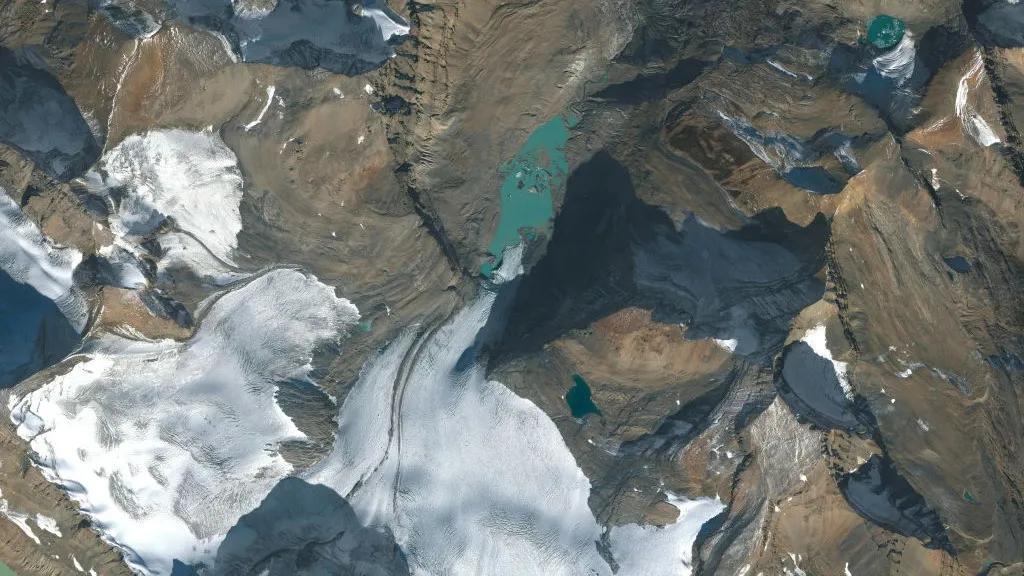
North America & Europe’s Glaciers Lost Unprecedented Ice in 4 Years: Study
A recent study has revealed that glaciers in North America and Europe have lost an unprecedented amount of ice over the past four years. The research, published in the journal Geophysical Research Letters, found that glaciers in Washington, Montana, British Columbia, Alberta, and the Swiss Alps have shrunk by up to 13% between 2021 and 2024.
The study, which was conducted by a team of scientists from the University of Colorado Boulder, the University of Montana, and the University of Bern, analyzed data from 2021 to 2024 and compared it to the previous decade. The results showed that the glaciers lost twice the amount of ice during this four-year period than they did from 2010 to 2020.
According to the study, the glaciers in the United States and Canada lost an average of 24.5 billion tons of ice per year between 2021 and 2024. In contrast, the Swiss Alps glaciers lost an average of 1.7 billion tons of ice annually during the same period.
The researchers used satellite imagery and ground-based measurements to track the changes in the glaciers. They found that the glaciers in the Rocky Mountains, including those in Montana and British Columbia, lost the most ice, with some glaciers shrinking by as much as 20% over the four-year period.
The Swiss Alps glaciers, on the other hand, showed a more modest loss of ice, with some glaciers shrinking by up to 10%. However, the researchers noted that even these smaller losses are significant, as the Swiss Alps glaciers are already among the most vulnerable to climate change.
The study’s lead author, Dr. Evan Burgess, a glaciologist at the University of Colorado Boulder, said that the results are “unprecedented” and “alarming.” “We’ve never seen such a large and rapid loss of ice from these glaciers in such a short period of time,” he said. “This is a clear sign that climate change is having a major impact on these glaciers.”
The researchers pointed out that the rapid loss of ice from these glaciers is not only a concern for the environment, but also for the communities that rely on them for water and hydroelectric power. “Glaciers play a critical role in regulating the water cycle and providing a source of clean water for millions of people,” said Dr. Burgess. “As they shrink, we’re likely to see more frequent and severe droughts and floods.”
The study’s findings are consistent with other research that has shown that glaciers around the world are losing mass at an unprecedented rate. A study published in 2020 found that the world’s glaciers had lost about 18 trillion tons of ice between 2003 and 2017, which is equivalent to about 1-foot (0.3 meters) of sea-level rise.
The current study’s findings are also consistent with other research that has shown that the warming trend in the region is accelerating. A study published in 2022 found that the western United States has warmed by about 2°F (1°C) over the past 30 years, which is faster than the global average.
As the world continues to warm, the researchers say that the loss of ice from these glaciers is likely to continue. “We expect to see even more rapid melting of these glaciers in the coming years,” said Dr. Burgess. “It’s essential that we continue to monitor and study these glaciers to better understand the impacts of climate change and to develop strategies for mitigating these impacts.”
Source:
Burgess, E. W., et al. (2025), Unprecedented ice loss from North American and European glaciers, 2021-2024, Geophys. Res. Lett., 52, e2025GL115235, doi: 10.1029/2025GL115235.
https://agupubs.onlinelibrary.wiley.com/doi/10.1029/2025GL115235






